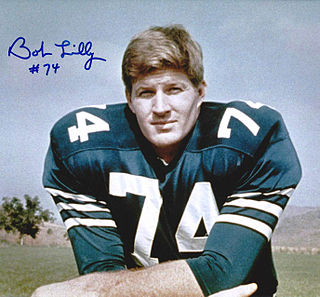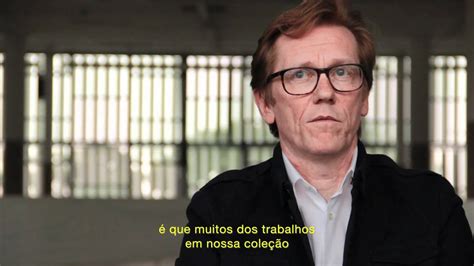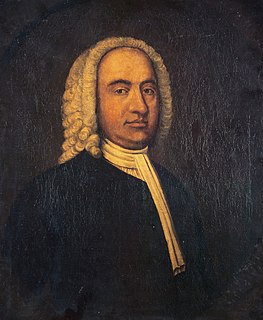A Quote by Ludwig van Beethoven
Artists who have won fame are often embarrassed by it; thus their first works are often their best.
Related Quotes
Scott has to be one of the most talented artists I've ever seen. He really captures his subjects in a unique way. He is extremely generous as well. How many artists are willing to donate some of their best works to charity? The Texas Sports Hall of Fame has benefited greatly from Medlock's donated paintings, which are the cornerstones of our auction!
The facts of nature are what they are, but we can only view them through the spectacles of our mind. Our mind works largely by metaphor and comparison, not always (or often) by relentless logic. When we are caught in conceptual traps, the best exit is often a change in metaphor not because the new guideline will be truer to nature (for neither the old nor the new metaphor lies "out there" in the woods), but because we need a shift to more fruitful perspectives, and metaphor is often the best agent of conceptual transition.
The traditional difficulty of balancing the mechanical with the imaginative schools of photography still operates. In schools of photography meaningful art education is often lacking and on the strength of their technical ability alone students, deprived of a richer artistic training, are sent forth inculcated with the belief that they are creative photographers and artists. It is yet a fact that today, as in the past, the most inspiring and provocative works in photography come as much (and probably more) from those who are in the first place artists.
Artists have their existential questions as human beings, and they address these questions in their works. But they are also thinking in a broader sense when they participate in a social and political debate through their works. Often the most important voices of artists in the political and the social debate are focused on originality in their works. We can see this in historical pieces, like "Guernica" by Picasso. "Guernica" was an extremely important manifestation and critique against war, but it was important and powerful because it was also an incredibly original and powerful work of art.
So often we give God a partial obedience. We do not dare to disobey, but we do not care to obey fully. So we compromise. We do some of what we should, thus removing the stigma of disobedience. But we refrain from the most difficult or objectionable or uncomfortable part, and thus try to get the best of both worlds.









































